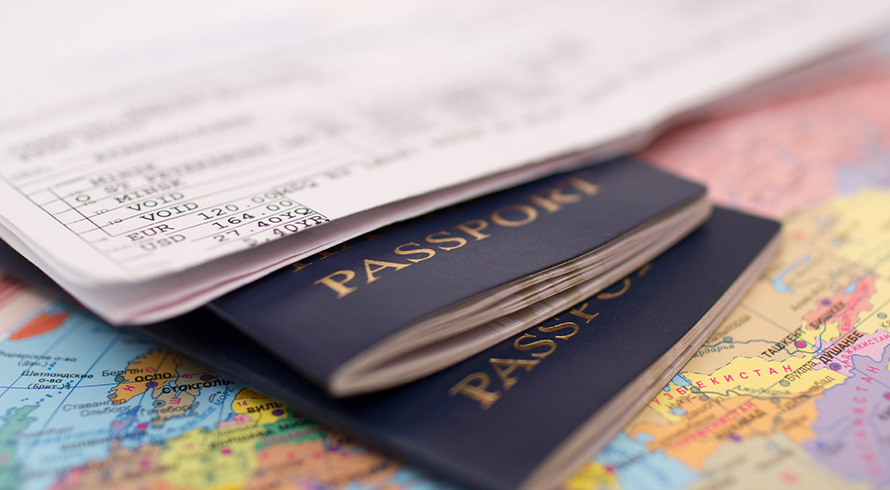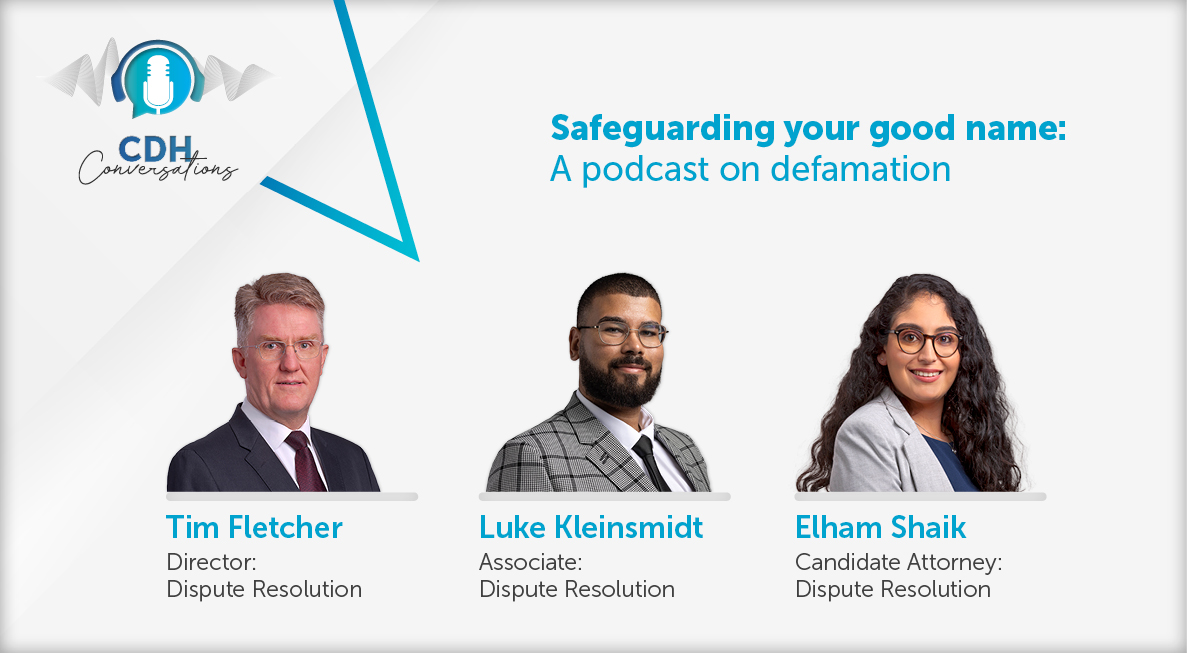Code of Good Practice for the Handling of S*xual Harassment Cases
The amended code introduced a new definition for what constitutes s*xual harassment - it provided guidance on what factors to consider in determining whether an act of s*xual harassment has occurred, and it placed a greater onus on employers to take positive steps to implement a s*xual harassment policy.
Logically, the amended code should have replaced the previous code, however, the first code was never repealed. This meant that both codes applied, and employers had to consider the provisions of both codes when dealing with cases of s*xual harassment.
As the Labour Appeal Court held in Campbell Scientific Africa (Pty) Ltd v Simmers and Others (CA 14/2014) [2015] ZALCCT 62:
“In spite of it being termed the “Amended” Code, this Code does not replace or supersede the 1998 Code, which to date has not been withdrawn. The result is that in terms of s203(3), both Codes are “relevant codes of good practice” to guide commissioners in the interpretation and application of the LRA.”
On 19 December 2018, the Minister of Labour issued a notice formally repealing and replacing the 1998 code with the amended code of 2005. This brings certainty to employers and CCMA commissioners about which code to apply. The clarity provided by the notice of repeal is welcomed.
The information and material published on this website is provided for general purposes only and does not constitute legal advice. We make every effort to ensure that the content is updated regularly and to offer the most current and accurate information. Please consult one of our lawyers on any specific legal problem or matter. We accept no responsibility for any loss or damage, whether direct or consequential, which may arise from reliance on the information contained in these pages. Please refer to our full terms and conditions. Copyright © 2026 Cliffe Dekker Hofmeyr. All rights reserved. For permission to reproduce an article or publication, please contact us cliffedekkerhofmeyr@cdhlegal.com.
Subscribe
We support our clients’ strategic and operational needs by offering innovative, integrated and high quality thought leadership. To stay up to date on the latest legal developments that may potentially impact your business, subscribe to our alerts, seminar and webinar invitations.
Subscribe




